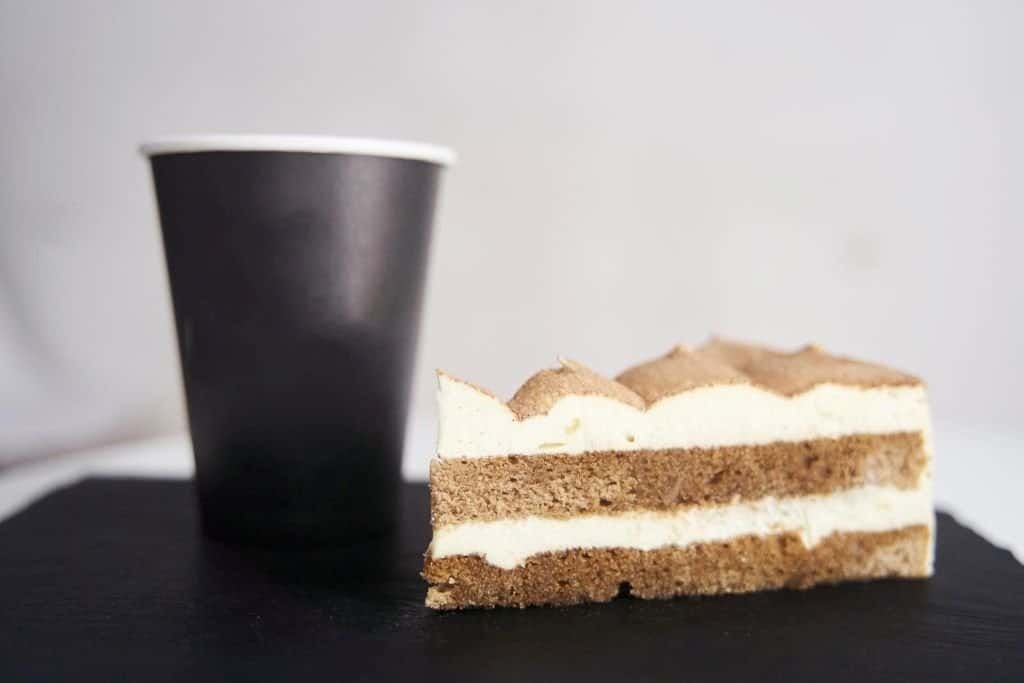Many coffee enthusiasts enjoy the rich and bold taste of French press coffee, but at times, they might find their brew overly bitter. This bitterness is often the result of over-extraction, a process that occurs when too much of the soluble flavors in the coffee are dissolved into the water. Various components of the coffee bean extract at different times, with fats and acids being the first to dissolve, which can ultimately lead to a harsh and unappealing taste.
Several factors can contribute to over-extraction and bitterness in French press coffee. Grind size, steeping time, water temperature, and the roast level of the beans can all play a role in the final outcome. Fine grinds have a greater surface area, which can lead to over-extraction when they brew for too long, while water that is too hot or a steeping time that is too lengthy can also exacerbate the issue.
Understanding these factors and how they influence the extraction process is crucial for any French press coffee lover looking to reduce bitterness in their brew. By making small adjustments to grind size, extraction time, and water temperature, a more balanced and enjoyable cup of coffee can be achieved.
Causes of Bitterness

Over-Extraction
One of the main reasons for French press coffee tasting bitter is over-extraction. This occurs when too much of the coffee’s soluble flavors are dissolved into the water. The extraction process happens at different times, with fats and acids being extracted first from the coffee bean. To prevent over-extraction, it is essential to steep the coffee for the right amount of time, ideally around 4 minutes.
Incorrect Grind Size
Using the improper grind size for your French press can also contribute to bitterness. A coarser grind is generally preferred for a French press, as it allows for optimal flavor extraction without over-extracting. Using a finer grind may lead to bitter coffee, as it causes the water to extract more from the coffee grounds. Therefore, ensure that you use a coarser grind and adjust accordingly for the best results.
Quality of Coffee Beans
The quality of coffee beans plays a significant role in the taste of your French press coffee. Coffee beans that are roasted too dark can cause bitterness, as the darker roast profile increases the intensity of flavor. To avoid bitter coffee, consider using medium-roasted beans that are fresh and properly stored, ensuring that the natural flavors are not compromised.
Water Temperature
Another factor contributing to bitterness in French press coffee is water temperature. Using water that is too hot can lead to over-extraction and subsequently bitter coffee. The recommended water temperature for brewing French press coffee is between 195°F and 205°F (90°C-96°C). Utilizing water within this range will help reduce the bitterness and enhance the flavor profile of your coffee.
Preventing Bitterness
Many factors can contribute to bitter French press coffee, but with the right adjustments, you can prevent bitterness and enjoy a smoother, more flavorful brew.
Adjust Brew Time
Over-extraction occurs when coffee grounds steep for too long, causing bitterness in the resulting brew. To prevent this, ensure you are brewing within the ideal 4-minute range. Experiment with different steeping times to find the optimal taste for your preferred beans.
Grind Coffee Correctly
Using the correct grind size is essential to prevent over-extraction and clogging the French press filter. For French press brewing, choose a medium-coarse to coarse grind size. This helps prevent over-extraction and also eases the filtration process.
Choose Fresh and Quality Beans
Opt for fresh, high-quality beans to enhance the flavor of your coffee. Beans roasted too dark may taste bitter, so be mindful of roast levels when selecting your coffee. Look for specialty-grade beans as they tend to have a more complex flavor profile and lower chances of bitterness.

Control Water Temperature
Using water that’s the appropriate temperature is important for balanced extraction. Water between 195℉ and 205℉ is ideal. Too hot or too cold water may lead to over-extraction or under-extraction, both of which can affect the taste of your coffee.
Using the Right Coffee-to-Water Ratio
The ratio of coffee grounds to water you use can significantly impact the taste and strength of your brew. Too much coffee relative to water can result in a bitter brew. Stick to the recommended ratio of 1 to 1.5 tablespoons of coffee grounds for every 6 ounces of water to avoid bitterness in your French press coffee.
Experimenting with Techniques
French press coffee can sometimes turn out bitter due to various factors, such as over-extraction, grind size, or the coffee-to-water ratio. Experiment with different techniques to minimize bitterness and achieve a more enjoyable coffee experience.
Inverted French Press Method
One alternative technique to the traditional French press is the inverted method. This approach involves the following steps:
- Grind your coffee beans to a coarse texture.
- Assemble the French press with the plunger at the bottom and the brewing chamber upside down.
- Add the ground coffee and hot water to the brewing chamber, maintaining a 1:15 coffee-to-water ratio.
- Stir the mixture gently.
- Allow the coffee to steep for around 3 to 5 minutes.
- Place a coffee filter on the brewing chamber, attach the lid, and securely hold everything in place.
- Quickly flip the French press so it’s in the upright position, then slowly press down the plunger.
The inverted method can yield a more even extraction, reducing the chance of bitterness in your coffee.
Pre-Infusion Technique
Another technique to enhance your French press coffee is pre-infusion, also known as blooming. This method involves the following steps:
- Grind your coffee beans to a coarse texture.
- Add the ground coffee to the French press as you normally would.
- Pour a small amount of hot water (approximately twice the weight of the coffee grounds) onto the grounds.
- Allow the coffee to rest for 30 seconds to release trapped carbon dioxide and enhance the extraction process.
- Continue with your regular French press brewing process by adding the rest of the water, steeping, and plunging.
Pre-infusion can improve the coffee’s flavor by allowing for a more even extraction and minimizing the chance of over-extraction and bitterness.
Common Mistakes and Tips
There are several common mistakes people make when brewing French press coffee that can cause bitterness. In this section, we discuss these mistakes and provide helpful tips to avoid them and enjoy a better-tasting cup of French press coffee.
Mistake #1: Over-steeping
One of the primary reasons for bitter French press coffee is steeping the coffee for too long. Over-steeping leads to over-extraction of the coffee grounds, causing the release of bitter flavors.
Tip: Try reducing the steeping time to prevent over-extraction. A general starting point is 4 minutes, but you can adjust this based on your personal taste preferences.
Mistake #2: Incorrect grind size
Using coffee grounds that are too fine can increase extraction, resulting in a bitter taste. French press coffee requires a coarser grind size compared to other brewing methods.
Tip: Experiment with different grind sizes until you find the one that produces a balanced flavor in your French press coffee.
Mistake #3: Water temperature
Using water that is too hot can extract undesirable bitter compounds from the coffee grounds.
Tip: Opt for water that is slightly off the boil, around 195-205°F (90-96°C) for optimal extraction and to prevent bitterness.
Mistake #4: Poor quality beans or wrong roast level
Low-quality beans or beans roasted too dark can contribute to a bitter flavor in your French press coffee.
Tip: Select high-quality coffee beans and experiment with different roast levels to find the one that suits your taste preferences.
Mistake #5: Improper coffee-to-water ratio
Using too much coffee in relation to water can lead to over-extraction and bitterness.
Tip: Follow a general starting guideline of a 1:15 coffee-to-water ratio. For instance, use 1 gram of coffee for every 15 grams of water, and adjust this ratio according to your taste preferences.
Conclusion
In this article, we have examined the factors that contribute to the bitterness in French press coffee. Various aspects, such as over-extraction, grind size, brewing time, and water temperature, play a significant role in the taste of the final product. To reduce bitterness, it is important to find the correct balance of these elements for a more enjoyable coffee experience.
Adjusting the grind size to be slightly coarser, using cooler water, and steeping the coffee for a shorter time can help reduce over-extraction and lead to a less bitter taste. Additionally, being mindful of the roast level of the coffee beans can help, as darker roasts tend to be more bitter.
In summary, understanding the crucial factors that influence the bitterness of French press coffee is essential to brewing a less bitter cup. By making the necessary adjustments in grind size, water temperature, brewing time, and roast level, coffee enthusiasts can enjoy a smoother and more flavorful cup of French press coffee.




